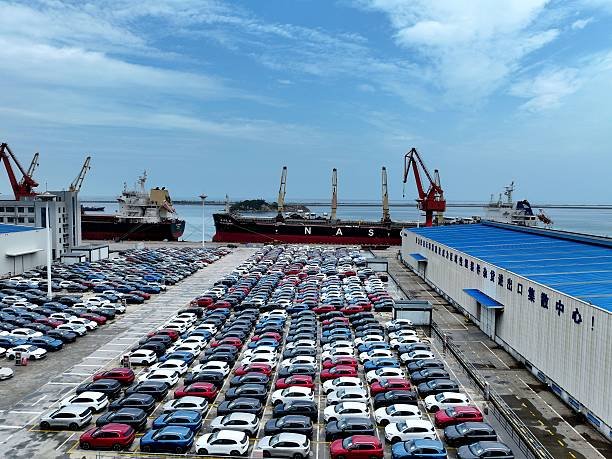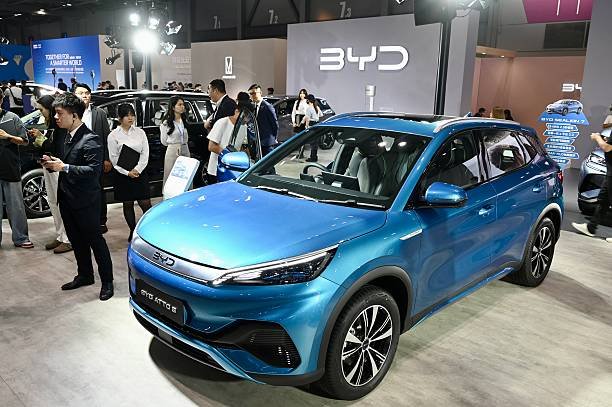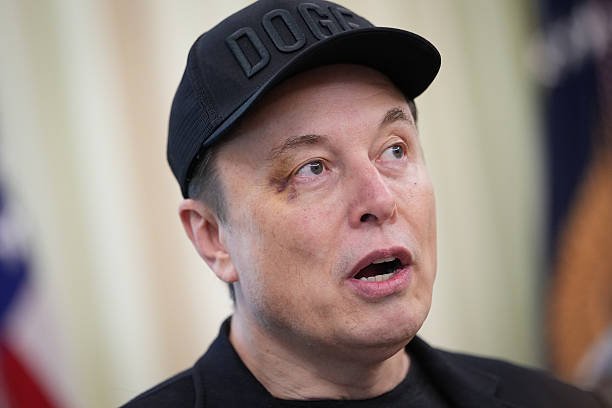Electric cars are becoming the norm in China, not a luxury. For drivers like Lu Yunfeng and Sun Jingguo in Guangzhou, switching to an electric vehicle (EV) is mainly about saving money. Lower fuel costs and reduced maintenance make EVs the smart choice. And while many Weste countries still view EVs as premium products, China has made them affordable for the average person.
China’s electric revolution didn’t happen by accident. It was carefully planned by government officials’ years ago. One key figure was Wan Gang, a German-trained engineer who saw an opportunity to leapfrog traditional car-making and focus on EVs instead. His vision led China to invest heavily in this technology.
Since 2009, the Chinese government has spent over $230 billion to grow its EV industry. These funds supported carmakers, battery producers, and even consumers. As a result, companies like BYD and XPeng have grown rapidly. Today, China leads the world in EV sales, beating big players like Tesla.
BYD started by making batteries for phones and later moved into EVs with the help of government backing. Battery company CATL, founded in 2011, now produces a third of the world’s EV batteries. China also built the largest public charging network, with thousands of stations available in cities across the country.

Government incentives make EVs even more appealing. Buyers get tax cuts, free number plates, and cheap charging. Drivers like Mr. Lu now spend four times less on energy than they did using petrol. Some, like Daisy in Shanghai, use battery-swap stations for quick and affordable recharges.
The result is a booming Ev market filled with innovation. Chinese brands offer features like self-driving flat-bed seats, and voice controls – all at lower prices. The XPeng Mona Max, for example, comes fully loaded for just $20,000.
Western governments are concerned. The US and EU have raised tariffs on Chinese EVs to protect local industries. Still, companies like BYD and XPeng are entering new markets like the UK, where demand is growing.
China’s dominance in EV manufacturing raises some security concerns, with critics pointing to data privacy issues. However, EV brands like BYD insist they follow strict data rules and use local servers to manage information securely.
For many Chinese drivers, though, the reasons are simple – EVs save money, are good for the environment, and offer advanced features. China’s journey shows how long-term planning, investment, and smart policies can turn a luxury into something for everyone.






















